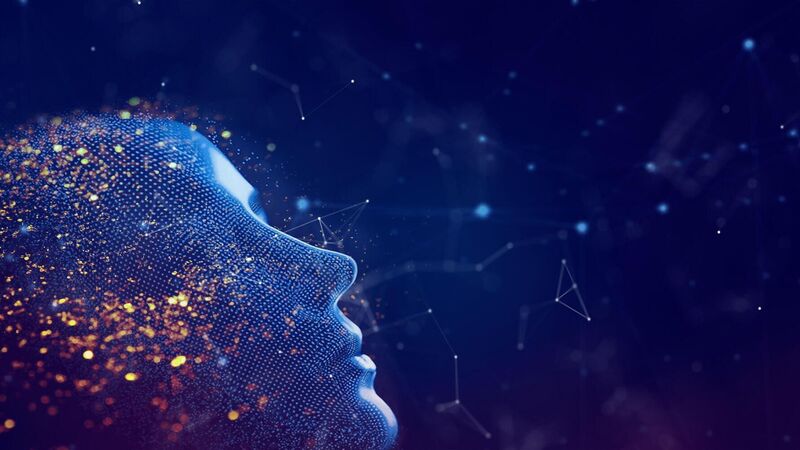AI doomsday scenarios gain traction in Silicon Valley

Concern over AI’s potential for harm has gained traction at the highest echelons of the AI community.
Controversial AI theorist Eliezer Yudkowsky sits on the fringe of the industry’s most extreme circle of commentators, where extinction of the human species is the inevitable result of developing advanced artificial intelligence.
“I think we're not ready, I think we don't know what we're doing, and I think we're all going to die,” Mr Yudkowsky said.














